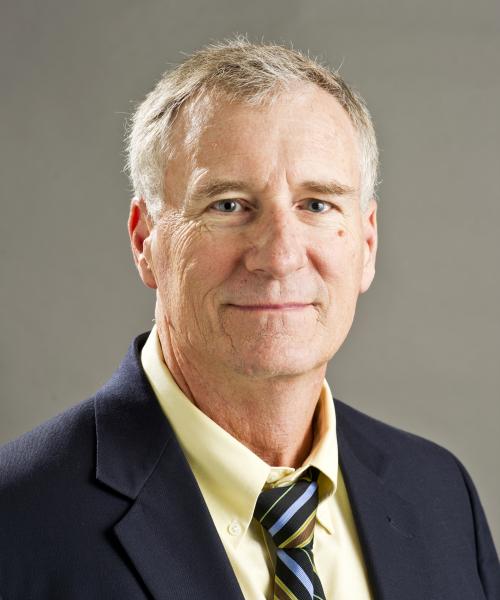Room Paradise Ballroom B
Speaker(s):
Terri Cooley-Bennett, LCSW, LSCSW, CCDP-D, TTS
Description:
Providing clinical services to vulnerable populations is a common responsibility for practitioners in private practice. Because of the unique challenges experienced, opportunities for ethical dilemmas and even ethical complaints are not uncommon. It is of utmost importance that professionals abide by ethics codes, practice ethically, and apply models of decision making when ethical dilemmas and complaints arise in practice.
This workshop will provide an overview of common ethical principles and will examine the current trends and research regarding ethical complaints and dilemmas in practice and will discuss strategies for preventing and managing these. This workshop meets the ethics requirements for licensure.
Objectives
- Provide overview of common ethical principles related to behavioral health practice
- Discuss trends and current research regarding ethical complaints in counseling practice and behavioral health with a focus on private practice
- Examine strategies and best practices for preventing and managing complaints and ethical dilemmas in practice






